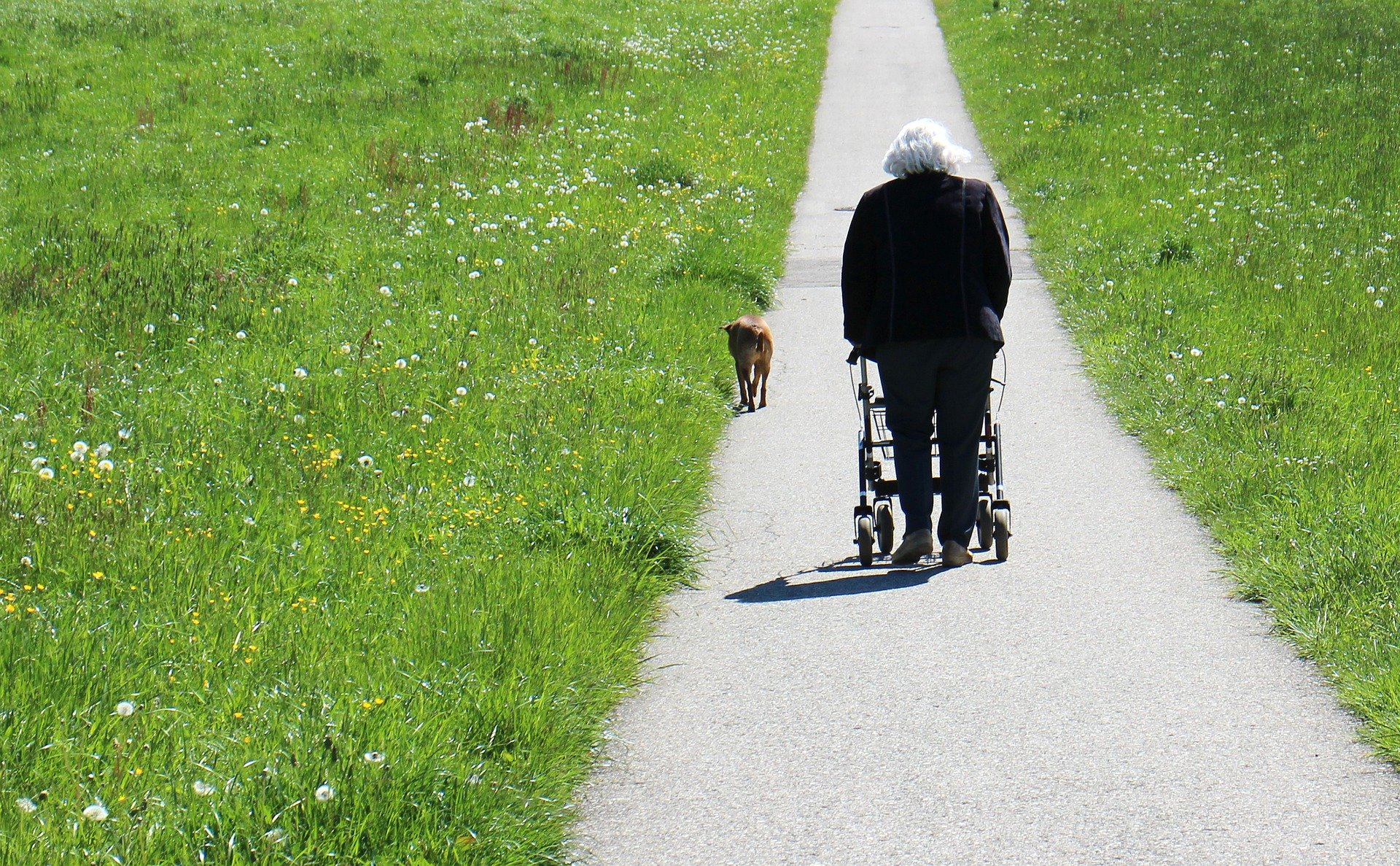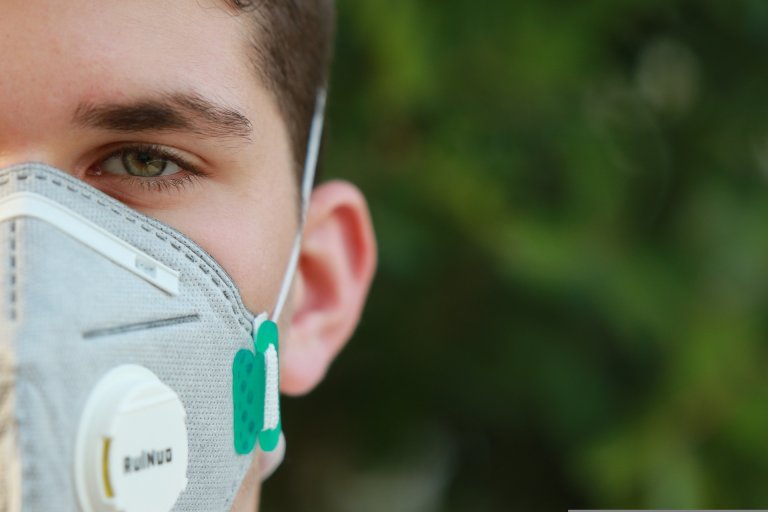Dr Liz Lawn has been a GP for thirty-eight years and works in the North West Surrey Locality Hub service as a Hub GP. She was a part-time GP partner in Chersey, Surrey for twenty-two years until November 2016. She was involved in clinical commissioning in Surrey for eighteen years and was Clinical Chair of North West Surrey CCG until April 2016. She then became Clinical Director of the North West Surrey Locality Hub service until December 2021. Liz is BGS Honorary Deputy Treasurer. She was a founder member of the BGS GeriGP group and has recently been appointed as the Transition Lead for the BGS Community and Primary Care Group (CPCG). She tweets @lizlawn. Follow all the tweets via #BGSAnticipatoryCare
One of the joys of general practice is seeing the same patients over time and getting to know them and their families. I worked in the same small practice for over twenty years and saw people go from active sixty-somethings, slowing down in their seventies, and then becoming frail in their eighties. They were the same people, just older and needing more support to carry on living their lives. I saw people I knew well starting to struggle, and their families worrying about them. They started to have difficulty managing their usual routine. Their social lives became limited due to reduced mobility and lack of suitable transport. They cut down on their spending as they are worried about debt. They were reluctant to accept help as they feared that it would be the first step on a slippery slope to loss of independence. Some started to having memory problems but were reluctant to be referred to a memory service because of the stigma of dementia. Family carers took on more and start feeling the strain but worried that accepting help would be disloyal.
GPs are often the first to see people start to struggle and the first point of contact for worried friends and relatives. People with frailty may need support with their physical health, their mental health as well as social care input, community support, and financial advice. GPs provide medical care, and don’t have time to keep up to date with all the services available to support people to stay independent. Services are often aimed at people with more severe frailty rather than those who are beginning to struggle. Services don’t work together, information is not shared, and older people and their families are left to navigate health and care services alone. As a family GP, you see people you know are going to end up in hospital in crisis without support, and you see family carers’ health break down and the person they care for moving into a care home sooner than they would if support was available.
When I became Clinical Chair of North West Surrey CCG I saw an opportunity to improve care for older people. The CCG identified frailty as a priority and decided that proactive care for older people with frailty would improve quality of life and reduce long term demand on the health and care system. We developed the Locality Hub service, a proactive, community-based integrated physical health, mental health and care service for older people with frailty and when the first Locality Hub opened in 2016 I retired from my practice and joined the hub service as Clinical Director.
The three hubs are based in community hospitals, and people can come to the hubs on free community transport or are seen at home if they cannot travel. The hub teams include matrons, GPs, wellbeing coordinators who link with local borough councils and voluntary organisations, pharmacists, mental health practitioners and social workers. Two geriatricians, a cardiologist, a respiratory physician and talking therapists also work in the hub service. The hub team members are all based in the hub and record on the Hub EMIS system. Rather than each professional group working separately, the hub service is provided by all professionals as a group. Older people with frailty can have physical health needs and mental health needs, and require access to social care, community support, financial support, and support for their carers. Rather than people having to go to separate services all these services are available in one place.
As professionals, we have all learnt a lot from working this way. Each professional group has its own expertise and culture and working closely together has helped us develop a common understanding of what we can offer patients and carers as a team. We have a weekly MDT meeting where we discuss people we are concerned about and manage risk together, each providing their own perspective on the person’s needs to create a balanced support plan that will be delivered by the team.
Frailty is a long-term condition and people with frailty need on-going support so patients are kept on the hub caseload and they and their carers can contact the hub for advice and support at any time. This helps to ensure that patients and carers know who to contact if their situation changes rather than waiting until there is a crisis. Some people may not contact the service for some time after their initial assessment and care plan while others need regular support.
The service has grown over the years and there are now nearly 7,500 people on the hub caseload, and many more have been seen by the hub team. We see people who are starting to struggle at home who have been referred by GPs, community nurses, mental health practitioners and social workers, and people referred by the acute hospital and community hospital wards for follow up after hospital discharge. As well as providing a comprehensive health and care review the service provides medical care such as diagnosing and managing heart failure, falls assessment and investigating weight loss, mental health care such as follow up after delirium in hospital, dementia diagnosis and talking therapy, advice on continence, diet and exercise, medication reviews and deprescribing, referral for home environmental assessment and equipment, support to access social care, benefits, community centres, voluntary organisations and community transport and support for unpaid carers.
I have now retired from the Clinical Director post and passed the baton to a new Clinical Director for Frailty and Lead GP. I am working as a Hub GP in the service, and the people I see are full of praise for the care they receive. I see people who were fearful of leaving their homes who are using community transport to go to local community centres, people whose falls have reduced with advice and equipment, people with heart failure whose condition is stabilised, people with memory problems who have had dementia diagnosed and advice on managing their condition, people with anxiety who have benefited from talking therapy and people who are now claiming benefits that allows them to pay for the care they need. Patients and their carers value the comprehensive service. The advice and support provided by the multidisciplinary team helps them manage their own health and care and feel more confident, and the feedback from patients and their families shows that they appreciate the service:
“I cannot praise the service highly enough. The staff are all wonderful. Such a blessing and relief to visit with my dear Mum. They are helping her to maintain an independent and dignified life, while also looking after her health. It has given the whole family some peace of mind. Thank you so much.”
“I wish to compliment the service as being one of the best NHS experiences I have ever encountered in over 50 years. No stone was left unturned and the experience was just so refreshing and holistic. It was an exceptional experience. It is clear the Hub personnel work as a team that very effectively delivers significant benefits to patients. Thank you all ever so much for helping me - you have collectively made a very real difference to my life.”
The last few years have been very rewarding. Some say that proactive care is not effective, but I know that we are making a real difference for people with frailty and their carers and that the care we provide helps them live as full a life as they can and prepare for the future.


